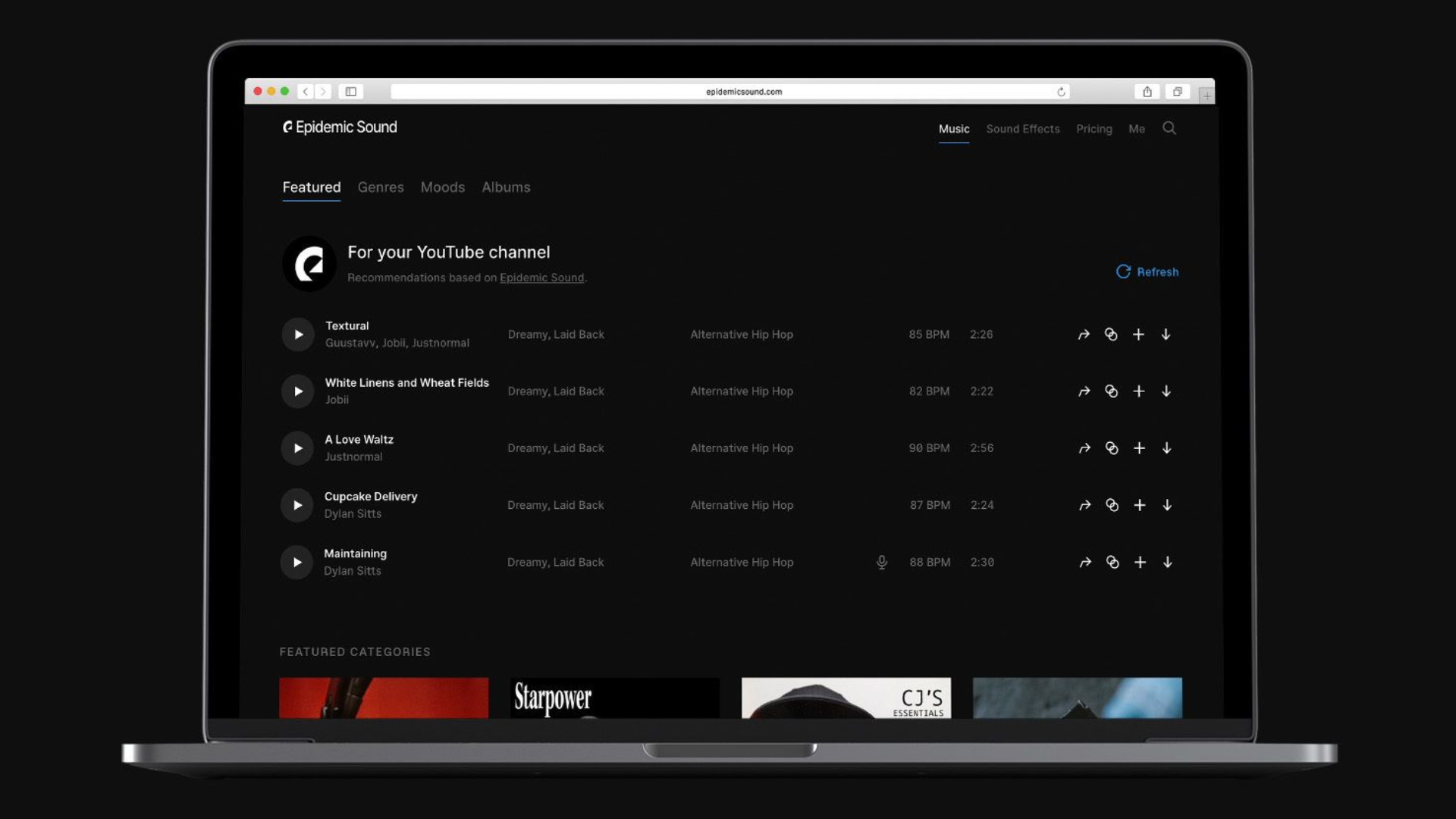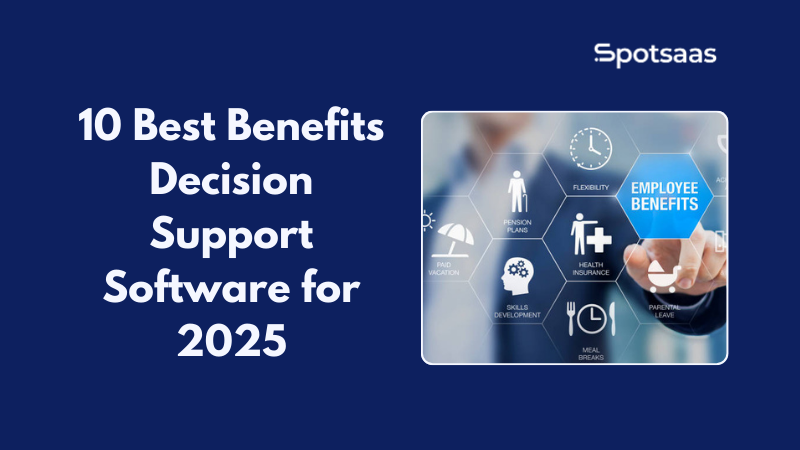Navigating the world of healthcare can often feel like an obstacle course. With a rising trend towards remote working and virtual patient care, effective collaboration among healthcare teams has never been more vital.
This article guides you through the top 5 competitive healthcare collaborative tools that could revolutionize your work practice, making communication smoother and improving team effectiveness.
Are you ready to transform your healthcare business? Let’s get started!
Key Takeaways
- Basecamp, Microsoft 365, Slack, Google Workspace, and Flock are the top 5 healthcare collaborative tools that can greatly enhance communication and collaboration within healthcare organizations.
- These tools offer features such as file sharing, project management, and real – time communication to improve team effectiveness and streamline processes in healthcare settings.
- When choosing the right tool for your healthcare business, consider key features like communication management, file sharing capabilities, project management features, review and approval processes, and real-time communication options.
- Ask software vendors important questions about compatibility with existing systems, data security measures in place, customization options available, scalability of the software for future growth needs,
The Importance of Collaboration in Healthcare
Collaboration is a vital element in the healthcare field. It drives better patient outcomes, streamlines operations, and fosters efficient communication between patients, physicians, and staff.
In an era dominated by digital technology, utilizing reliable healthcare collaboration software can greatly enhance this synergy.
Healthcare collaboration tools like Basecamp and Google Workspace have been instrumental in establishing effective clinical communication protocols for numerous institutions. They’ve made it possible to manage nuanced hospital procedures remotely with ease.
Moreover, these top-rated platforms facilitate collaborative review processes which help maintain high professional standards while ensuring team effectiveness. The right online collaboration tools not only elevate internal communications but also impact patient care positively.
The growing reliance on collaborative technologies has seen a surge in demand for secure virtual communication avenues such as videoconferencing within the medical sector. This shift towards digital means of interaction further underscores the importance of implementing robust remote work solutions in today’s connected world of healthcare.
Top 5 Healthcare Collaborative Tools
Here are the top 5 healthcare collaborative tools that can greatly enhance communication and collaboration within healthcare organizations: Basecamp, Microsoft 365, Slack, Google Workspace, and Flock.
Basecamp
Basecamp hits the bull’s eye as one of the top-rated collaboration software in healthcare. This powerful tool excels in communication management, assisting physicians, patients, and staff to connect seamlessly.
Besides its significant role as a clinical communication platform, Basecamp also shines in project management.
Its file-sharing feature is intuitive and efficient – making document exchanges hassle-free between teams. The review and approval process within the system aids in maintaining high-quality standards throughout hospital procedures.
Whether it’s managing complex medical cases or daily administrative tasks, Basecamp easily adapts to diverse team collaboration needs across different platforms within a healthcare setting.
Microsoft 365
Microsoft 365 is a real-time communication functionality that ensures team effectiveness while promoting efficiency in hospital management tasks. Microsoft 365 caters to both large and small healthcare businesses by offering scalable solutions for remote work scenarios.
With this collaboration software, users can simplify the review and approval process through its integrated tools for collaborative document editing. The platform’s strong emphasis on security makes it an excellent choice for handling sensitive patient information digitally, aligning with essential virtual collaboration needs in today’s healthcare landscape.
Slack
Slack is a highly effective collaboration tool for healthcare organizations. With its real-time messaging and file-sharing capabilities, it enables seamless communication among teams, ensuring that everyone stays connected and informed.
Slack also offers integrations with other healthcare software, making it easy to consolidate information in one place. Additionally, Slack provides a user-friendly interface that allows for efficient project management and team coordination.
Its advanced search feature ensures quick access to past conversations and shared files. Overall, Slack is an excellent choice for enhancing team collaboration and improving workflow efficiency in the healthcare industry.
Google Workspace
Google Workspace is a competitive healthcare collaborative tool that offers a wide range of features to enhance communication and streamline workflows. With its suite of applications like Gmail, Google Drive, Google Docs, and Google Meet, healthcare teams can easily communicate and collaborate in real time.
This platform allows for seamless file sharing, project management, and remote work capabilities. Its user-friendly interface and reliable performance make it an excellent choice for healthcare organizations looking to improve team effectiveness and enhance clinical communications.
Flock
Flock is another top healthcare collaborative tool that offers a range of features to enhance teamwork and communication. With Flock, healthcare professionals can easily chat, share files, and collaborate in real time.
The platform also integrates with other popular tools like Google Drive and Trello, making it convenient for teams to access all their resources in one place. Flock’s user-friendly interface and customizable channels make it easy to organize discussions based on different departments or projects within a healthcare organization.
Additionally, Flock offers video conferencing capabilities, allowing teams to hold virtual meetings and consultations efficiently. This makes Flock an ideal choice for healthcare businesses looking for an all-in-one collaboration solution.
How to Choose the Right Tool for Your Healthcare Business
To choose the right tool for your healthcare business, consider key features and ask software vendors common questions.
Key Features to Consider
When choosing the right tool for your healthcare business, there are several key features to consider. These features will help ensure effective communication and collaboration within your organization:
- Communication Management: Look for a tool that allows for seamless communication between healthcare professionals, patients, and staff members.
- File Sharing: The ability to share files securely and easily is crucial in a healthcare setting. Choose a tool that offers reliable file sharing capabilities.
- Project Management: Healthcare projects often require careful planning and coordination. Select a tool that includes project management features to keep everyone on track.
- Review and Approval Process: Streamline the review and approval process by choosing a tool that allows for collaborative feedback and easy sign-off on documents or decisions.
- Real-time Communication: In fast-paced healthcare environments, real-time communication is essential. Look for a tool that enables instant messaging or video conferencing capabilities.
- Consider integrating a HIPAA-compliant survey tool to securely collect patient feedback and internal assessments. This ensures sensitive data is protected while enhancing your organization’s communication strategy.
Common Questions to Ask Software Vendors
- Inquire about the compatibility of the software with your existing systems.
- Ask about the level of data security and compliance measures in place.
- Find out if the software offers customization options to meet your specific needs.
- Determine the scalability of the software and its ability to accommodate future growth.
- Inquire about pricing structures, including any additional fees or hidden costs.
- Ask about customer support and training resources provided by the vendor.
- Find out if the software has a mobile app for convenient access on the go.
- Inquire about integration capabilities with other third-party applications or systems.
- Determine if the software includes features for real-time collaboration and communication.
- Ask for references or case studies from other healthcare organizations that have used the software successfully.
Remember to ask these important questions when evaluating healthcare collaborative software vendors to ensure you choose the right tool for your business needs.
Conclusion
In conclusion, the top 5 healthcare collaborative tools discussed in this article provide healthcare organizations with effective ways to communicate and collaborate. These tools, including Basecamp, Microsoft 365, Slack, Google Workspace, and Flock, offer essential features for file sharing, project management, and real-time communication.
By choosing the right tool for their specific needs, healthcare businesses can enhance team effectiveness and streamline processes for improved patient care.
FAQs
1. What are healthcare collaborative tools?
Healthcare collaborative tools are software or platforms that enable healthcare professionals to communicate, share information, and collaborate on patient care in a secure and efficient manner.
2. How can healthcare collaborative tools benefit my practice?
Healthcare collaborative tools can streamline communication between team members, enhance coordination of care, improve efficiency in workflow, and ultimately result in better patient outcomes.
3. Are these tools easy to use for non-technical staff?
Yes, most healthcare collaborative tools are designed with user-friendly interfaces that require minimal technical expertise. Training and support are usually provided to ensure smooth integration into the practice.
4. Can I access these tools securely from anywhere?
Yes, many healthcare collaborative tools have web-based or mobile applications that allow secure access from any location with an internet connection. Encryption protocols and strict privacy measures protect patient data.
5. How do I choose the right healthcare collaborative tool for my practice?
Choosing the right tool depends on factors such as your practice’s specific needs, budget considerations, compatibility with existing systems, ease of implementation and training requirements. It is recommended to research different options and seek recommendations from other professionals before making a decision.



